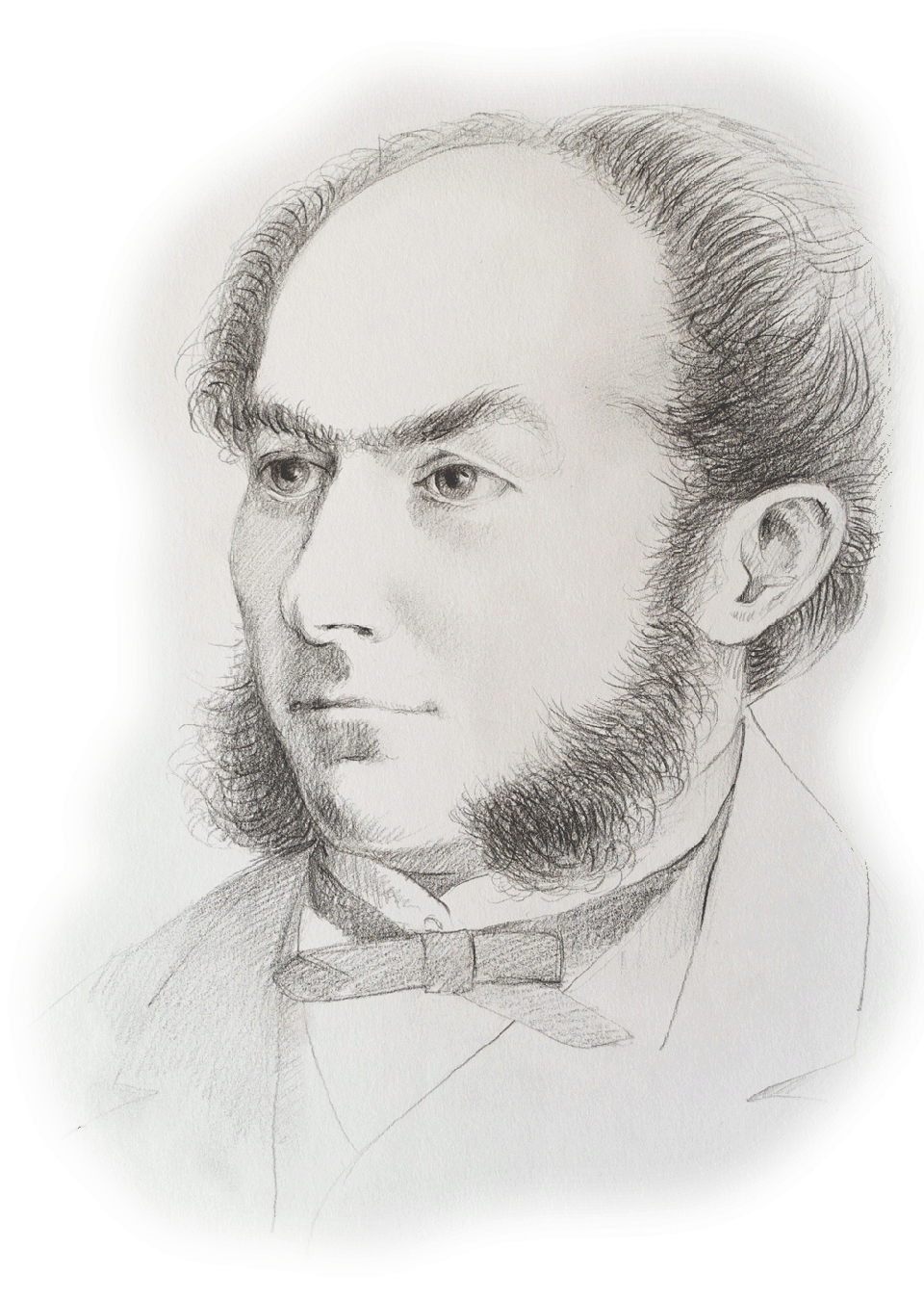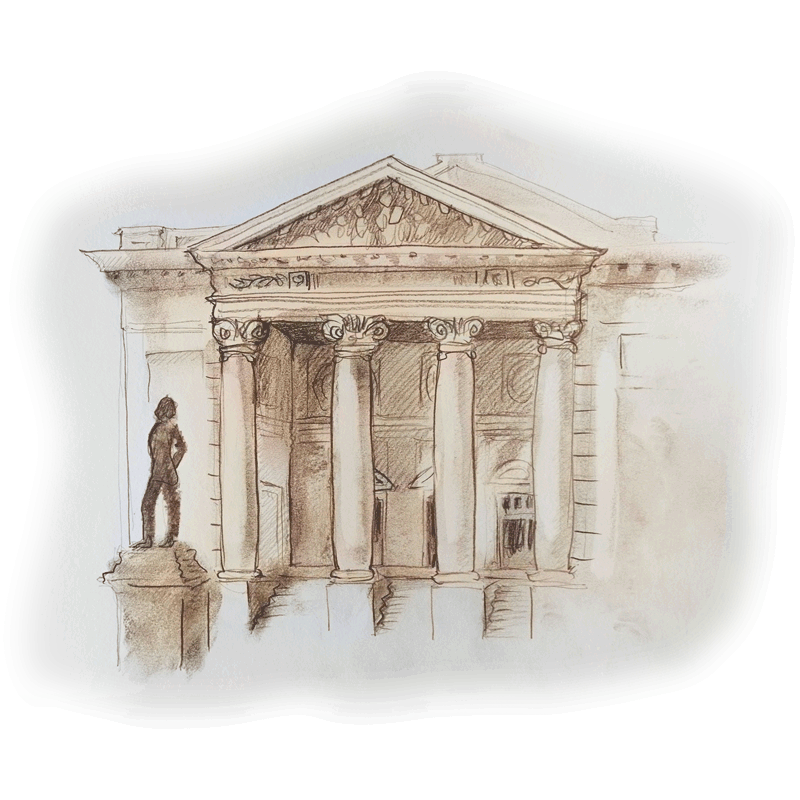September

September
Carol
Davila
Life
Carol Davila (born Carlo Antonio Francesco d’Avila) was born in Parma on the 9th of July, 1828. During his childhood, his interest and talent for learning and education soon became obvious. He won the support of his teachers and family at an early age and set his sights on becoming a doctor.
He continued his studies at the University of Medicine of Paris, where his remarkable knowledge and dedication led to outstanding results. He wasn’t even 25 when he managed to suppress the cholera epidemic of 1849 in the country. After successfully obtaining his medical degree in 1853, he travelled to Romania to put his knowledge to good use.
After arriving in Romania, Davila confronted an outdated medical education and practice there. He immediately took action by reforming education in medical schools, using his modern knowledge. In 1857, he helped found the country’s first medical association, dedicated to the regulation and improvement of medical practice. In 1859, after the unification of Romania, he helped establish the School of Medicine and Pharmacy, which later took his name, the Carol Davila University of Medicine and Pharmacy.
He died on the 24th of August, 1884 in Bucharest.
Work

Carol Davila was a prominent figure in Romanian medicine, whose work and contributions to medical education and practice have left a profound mark on Romania and medicine as a whole.
Through his work to modernize medical schools and hospitals, he reformed medical education in Romania and helped establish the country’s first medical university, which still bears his name.
Davila has also made significant contributions to the field of medical researches. He has written numerous medical articles that have published important knowledge and findings and helped the advancement of medical science. One of his most memorable achievements was the successful cranioplasty of 1864, which was a new milestone in Romanian medicine.
